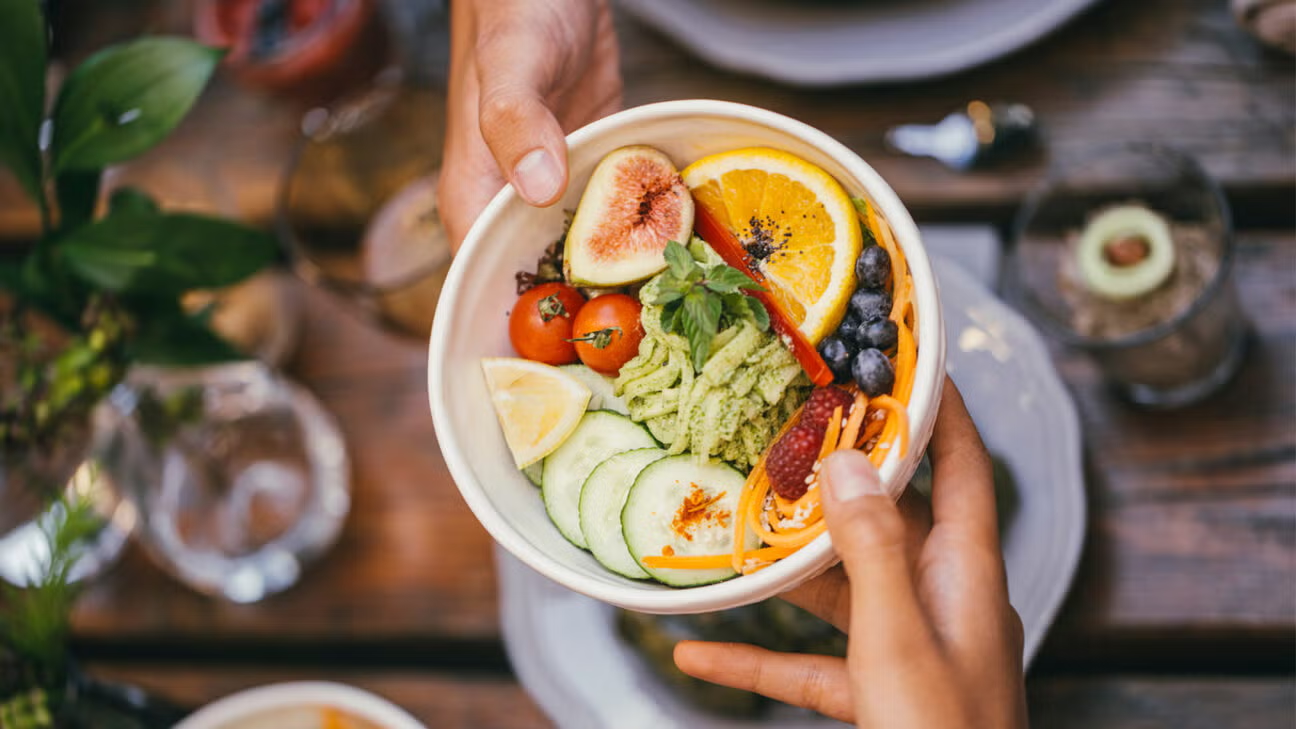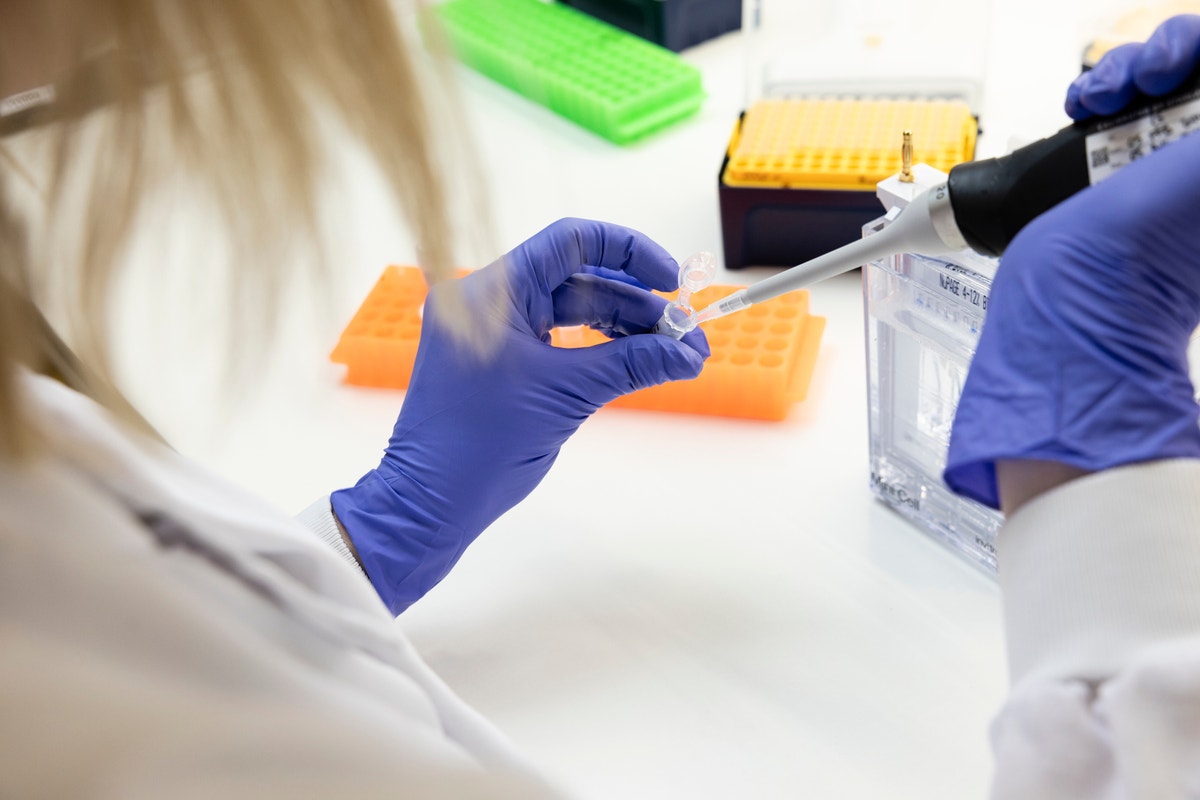After bariatric surgery, changing your diet to fit a new way of life is vital to both healing in the long run and for long-term survival. This guide will offer complete meal plan ideas to help you make this change.
To find a variety of innovative and healthy menu plan ideas for bariatric patients it is important to know the particular requirements and limitations of a post-surgical diet.
Comprehending Bariatric Surgery
Bariatric surgery can significantly alter the digestive system. Knowing the kind of surgery you’ve had to undergo – whether that’s gastric bypass, sleeve or sleeve gastrectomy or another is crucial in adjusting the diet you eat to your biological requirements.
Requirements for Nutrition After Surgery
After surgery, your body experiences radical changes, requiring changes to your diet. Your diet should be high in nutrients, but small in volume to allow for the smaller stomach.
Protein’s Place in Your Diet
Protein is essential to recovering and maintaining muscle mass after surgery. The inclusion of lean proteins such as fish, chicken, and plants is essential for an appropriate diet.
Controlling Fluid Consumption
Hydration is crucial, but it is essential to control your intake of fluids to avoid feeling too full. Tips such as drinking fluids in between meals can help.
Supplements and Vitamins
Because of a decreased intake of food as well as absorption problems, nutritional supplements such as vitamin B12, calcium, iron, and many others are now essential elements of your daily diet.
Planning Your Meals
Making a meal plan requires comprehending portion sizes as well as meal times and balancing your nutritional intake. This will help you to get the nutrients you need without eating too much.
Breakfast Ideas
Begin your day with nutritious food items such as Greek yogurt breakfast scrambled eggs, scrambled eggs shakes of protein, which provide vital energy and nutrients.
Lunch SuggestionsPreventing Typical Dietary Errors
For lunch, think about balanced eating. Salads that contain lean protein soups made of vegetables, small portions of fish that you grill are good alternatives.
Dinner Options
The meal should be light and nutritious. Try grilled chicken with cooked vegetables or a tiny portion of fish.
Healthy Snacks
It is essential to eat snacks to help maintain energy levels. Consider snacks such as cheese, nuts or fruits in moderation.
Dining Out and Social Gatherings
Avoid high-fat, high-sugar food items and processed foods that are too much. They can alter the balance of your nutritional system and lead to discomfort.
Long-Term Nutritional Control
For dining out, select foods that are high in protein, stay away from sugary beverages, and consume food slowly. Social gatherings require the same level of mindfulness.
Preventing Typical Dietary Errors
The long-term maintenance of these habits is vital to maintain your health and wellbeing. Change your diet to suit your body’s needs and lifestyle changes.
Conclusion
A well-planned food plan after surgery is vital to the success of your health journey. By focusing on your planning and eating, you’ll be able to have a diverse and nutritious diet that is a good fit for your new life style.




